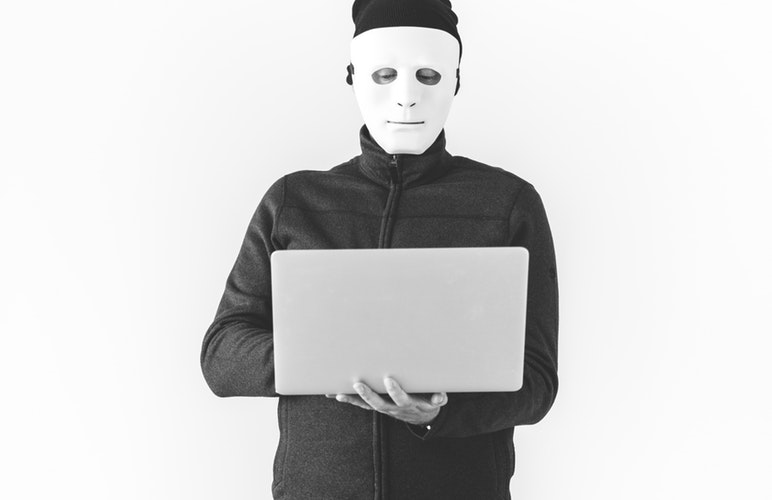TechInAfrica – According to global data, there is an estimate of 4.5 billion data records have been attacked in the first half of 2018. The attacks have made millions of people’s personal and financial information at high risk, generating a high demand for protection across all devices, both personal and business.
There are several solutions to prevent yourself from personal data attack, such as to update the antivirus regularly, use a VPN service, and security best practices. However, hackers can be way smarter than we are when it comes to data tracking and stealing. They always can find opportunities to attack our personal and financial information.
For some cases, it can be hard to tell if our devices are hacked. However, these signs here may help you to identify whether you’ve been hacked all along and what to do to get yourself protected.
1. You receive strange messages
When you receive strange messages appear with payment demand for its release, it’s a clear sign of an attack. The messages are called ransomware attacks that destroy and threaten your data if you don’t pay for the amount it’s asked for.
How to avoid this ransomware attacks is running an antivirus with Ransomware protection. You can also reduce the risk of data loss from the ransomware attacks by backing up your data regularly.
2. Your antivirus has been stopped or disabled
If you notice that your antivirus software has been stopped while it shouldn’t have, it can be a sign of attack. However, it may be unclear where the attacks are from, so, it can be unsafe for you to run some applications. To prevent this from happening, you can boot your device into Safe Mode. It will restart your device then enable you to delete vulnerable software.
3. Your device runs very slow
Sometimes, the attack signs are subtle or even hidden so that you don’t spot it at first. However, if you figure that your device runs very slow or pages don’t load properly, it can be a sign of an attack. This type of attack can usually be identified by internet providers and let you know when the data usage doesn’t match your typical usage.
4. You get suspicious invitations on social media
There’s nothing weird if you receive a friend request from your friends on social media. However, if the request comes from a friend you’re already friends with, it could be that your friend’s account is hacked. It’s either his/her account is hijacked or she/he is being impersonated.
What you can do when this happens to you is to contact your impersonated friend and the other friends to warn them no to accept suspicious friend requests. And to protect yourself from the attack, you need to make sure that your accounts use a strong password and two-way authentication.
5. Unusual activities on your online accounts
If you find strange activities on your online account, like making purchases you don’t actually do on your bank statement, it’s a sure sign that your personal information has been stolen. Being aware of the unusual activities on suspicious transactions will help you to cancel unauthorized payments. The hackers may do small transactions to keep you unnoticed. But if it works, they will seem to spend more and more.
6. Your passport doesn’t work
The most common type of cyber scams is phishing attacks. They usually use realistic-looking emails from well-reputable companies so that they can make people believe they’re real. In the end, they will ask you to share secure information. If you find your password suddenly stops working, you can report the company, either through their website or phone. By doing this help you to confirm the email validity you received as well as to know if your account has been hacked.
It’s important to be aware of any small unusual activities on your devices. If you can spot it earlier, data loss and stolen can be reduced or even prevented. Also, make sure that you use all the protection to secure your devices.





